Brief Summary
This course dives into Jenkins and continuous integration, teaching you how to automate your software builds. It's all about making things faster and smoother, especially for startups in a tech boom. You'll learn practical skills that are highly sought after in today's job market.
Key Points
-
Learn about continuous integration (CI) and its importance.
-
Get to know Jenkins, an open-source toolset for automation.
-
Build an automated CI pipeline with Jenkins.
-
Manage relational database schema and version control.
-
Integrate CI with GitHub repositories.
Learning Outcomes
-
Understand the concept and importance of continuous integration.
-
Build and run a CI pipeline using Jenkins.
-
Manage and version control database schema automatically.
-
Configure notifications and secure Jenkins.
-
Integrate Jenkins with GitHub for better collaboration.
About This Course
Jenkins: Learn continuous integration and DevOps for real world projects. Streamline software builds with Jenkins.
Today the technology sector is experiencing a boom throughout the world. There are hundreds of startups launching every day. In order to move fast - these startups need people who are skilled at automating as much as possible. Mostly progressive startups - favor implementing completely automated DevOps pipelines from the get go. They realize that these practices of continuous integration (CI) and DevOps will yield tremendous benefits regarding speed and agility. The demand for these skills has been steadily rising over the last few years.
Jenkins is an award-winning open source toolset which enables us to build very sophisticated automated build pipelines very quickly. It has extensive community support which has augmented the core functionality of Jenkins by building and sharing hundreds of very useful plugins. Implementing continuous integration with Jenkins can help us immensely in reducing the risk within our software development lifecycle. It catches us bugs early and increases the quality of our software products. This, in turn, reduces the overall cost to develop innovative software in any environment - startups and enterprise alike.
The demand for professionals who have experience with these tools has been growing steadily over the last few years. The salaries and consulting rates for these skills have also been rising and are only bound to go up as the demand for these skills remains steady or increases.
In this course we will:
Learn about CI and why it is important
Learn about Jenkins
Build an automated CI pipeline with Jenkins
Learn how to version control and manage relational database schema
Run the CI pipeline to maintain build artifacts
Learn how to configure, secure and extend Jenkins
Learn how to configure automated build notifications
Integrate CI builds with Git repositories hosted in GitHub
You will get introduced to continuous integration (CI) and learn what it is all about.
Learn why continuous integration is important (especially in fast paced agile environment)
Learn how to maintain and version control database schema in an automated fashion via RoundHousE




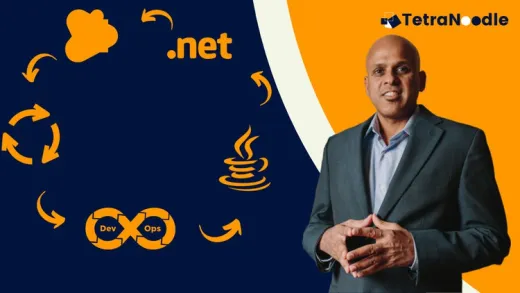
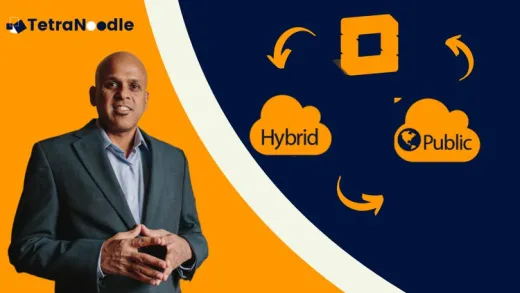
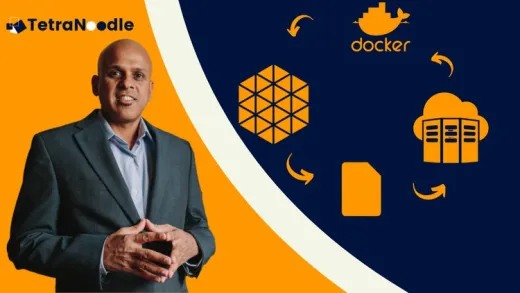
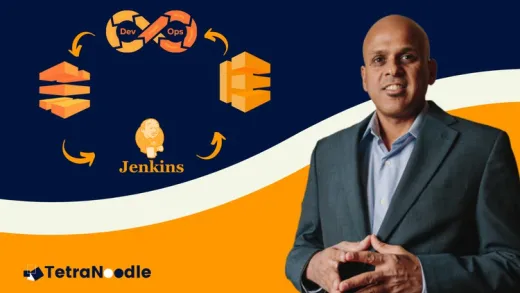

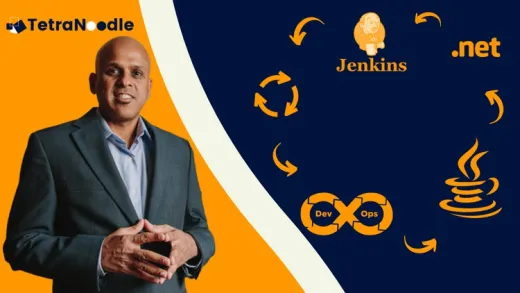

Roberto S.
talking too much in the introduction.